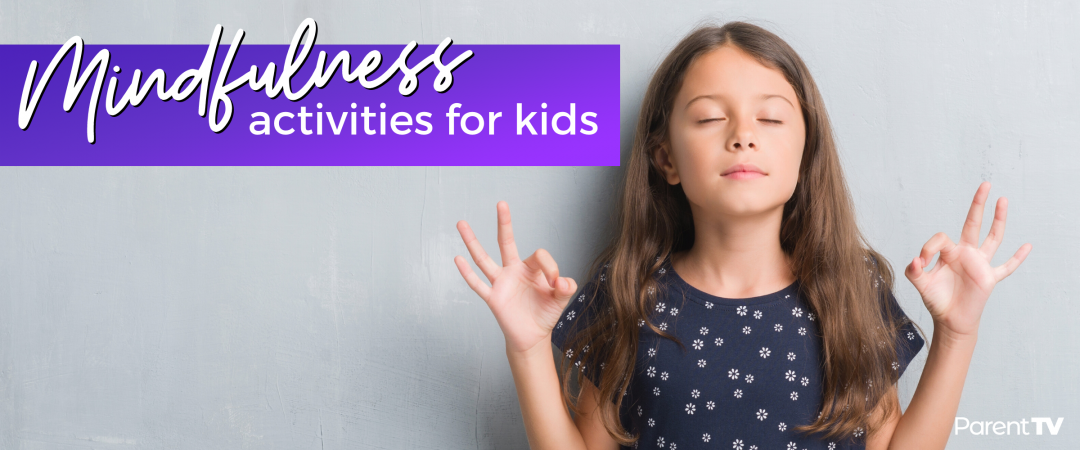Should we teach kids mindfulness?
Categories: Mental Health
Mindfulness brings awareness to emotions, thoughts and sensations in the body. It is about taking note of breathing and how the mind is manifesting itself in the body.
There are many different ways to practice mindfulness including sensory exercises such as paying attention to sounds and visualising foods and smells. Others may encourage children to acknowledge what makes them feel fear or anxiety and accept these emotions as a normal part of life.
Research demonstrates that practising mindfulness for kids is just as effective as it is for adults. Mindfulness has a positive impact on people no matter what age they are.
WATCH: Therapies and Techniques used to treat Anxiety in Children
A study conducted by Dr Erica Sibinga at John Hopkins University in the United States examined the use of mindfulness in some of Baltimore’s poorest public schools. This demographic was selected on the basis that growing up in poverty can put kids at a disadvantage as they are more likely to experience chronic stress. The study followed participants of a school-based mindfulness program and found that the program resulted in improved psychological functioning and lower levels of post-traumatic stress symptoms in low-income, minority youths. In the controlled study, those that went through the mindfulness program, reported significantly lower levels of symptoms of depression and post-traumatic stress severity than the control group.
According to the Child Mind Institute, mindfulness is an effective way to treat and reduce anxiety for children, particularly those who suffer from anxiety disorders. Studies have also shown that adolescents who are mindful report a greater sense of wellbeing, experience more positive emotions, exhibit connections with peers and are less susceptible to negative emotions and anxiety.
Mindfulness has been shown to improve mental health by reducing stress, anxiety and recurrent depression as well as improving sleep quality. In addition to having positive impacts on children’s mental health and functioning, mindfulness interventions have also been well-liked by participants and there have been no reports of any adverse effects.
Short-term benefits of mindfulness for kids include:
- Improved sense of wellbeing
- Reduced worries and anxiety
- Increased calmness
- Better self-regulation and decreased reactivity
- Greater self-awareness
- Higher quality sleep
- Improved self-esteem
- Increased ability to relax
- Positivity
Additional long-term benefits of mindfulness in children include:
- The development of higher cognitive performance skills
- Improved concentration and focus
- More effective use of knowledge
- Improved social and emotional competence
- Decreased oppositional behaviour and aggression
- Improved immune function and general health
- Increased clarity in thinking and compassion

